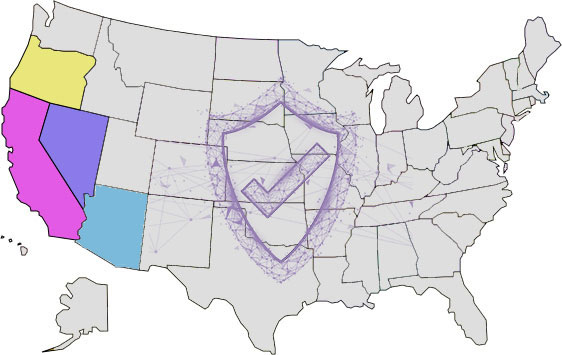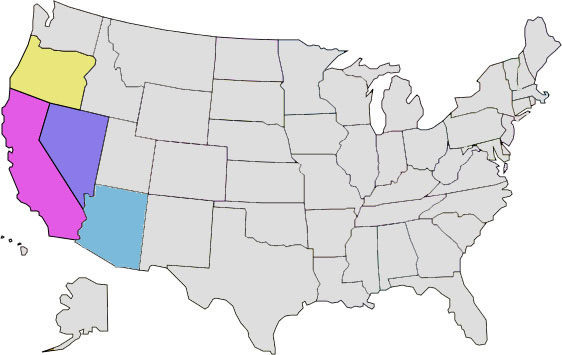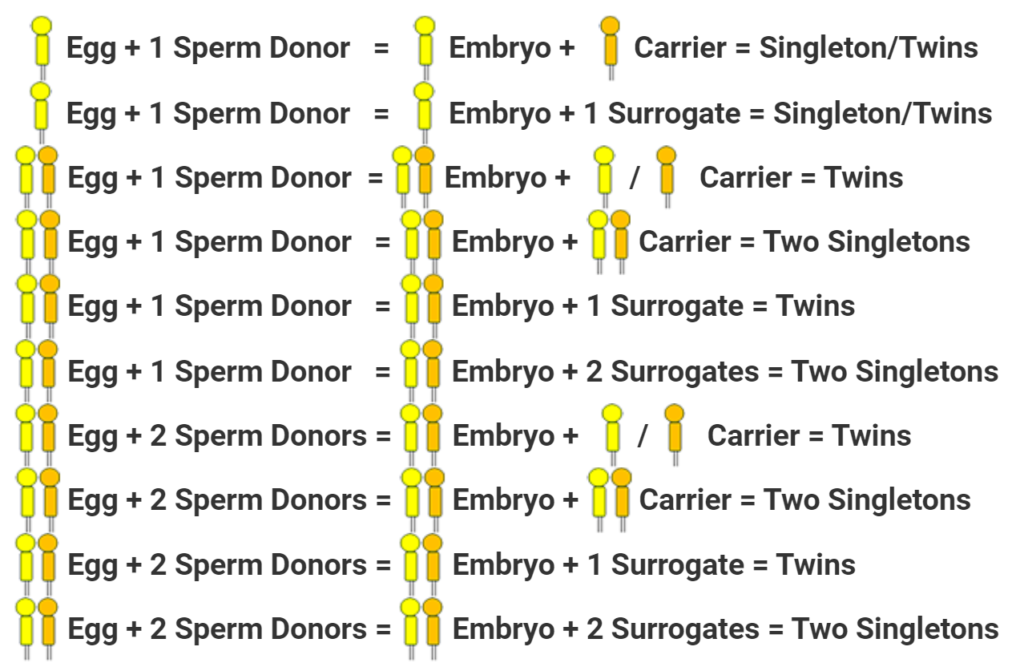The surrogate compensation structure can vary significantly between agencies. At Oneworld Generations, we strive to suggest fair and reasonable compensation for each surrogate, which includes a base salary and additional benefits. For more details, you can refer to our compensation page here.
Base compensation is influenced by various factors, including location, marital status, age, number of deliveries, history of C-sections, and prior surrogacy experience. Additionally, a surrogate’s working status and their spouse’s employment can impact lost wages, which are a crucial part of the overall compensation package. This means that each surrogate’s unique circumstances significantly affect their total compensation.
Some agencies may offer extremely high compensation to attract surrogates, but this approach can be misleading. Such agencies often have limited groups of intended parents willing to meet these high compensation demands. It’s important for surrogates to remember that without a match, their compensation remains at $0, regardless of how enticing the offer may be. Furthermore, without a pregnancy, surrogates cannot access 90% of their compensation, as many payments are contingent upon pregnancy.
For a better understanding of market averages, you can join our Facebook group for surrogate compensation discussions here. This group is owned by OneWorld Generations. In this group, you’ll likely find that a base compensation of $50,000 is considered reasonable for first-time surrogates. Oneworld offers competitive compensation that exceeds this amount.
Typically, we can match surrogates within two weeks after their medical records are reviewed by our in-house nurse. When selecting an agency, we recommend that surrogates consider more than just compensation offers. It’s essential to evaluate the agency’s experience, testimonials, and competitive advantages related to workflows, teams, and success rates. Word of mouth is also crucial; don’t be swayed by unrealistic compensation numbers from inexperienced agencies lacking resources for both surrogates and intended parents.









